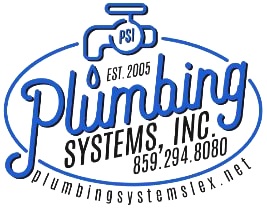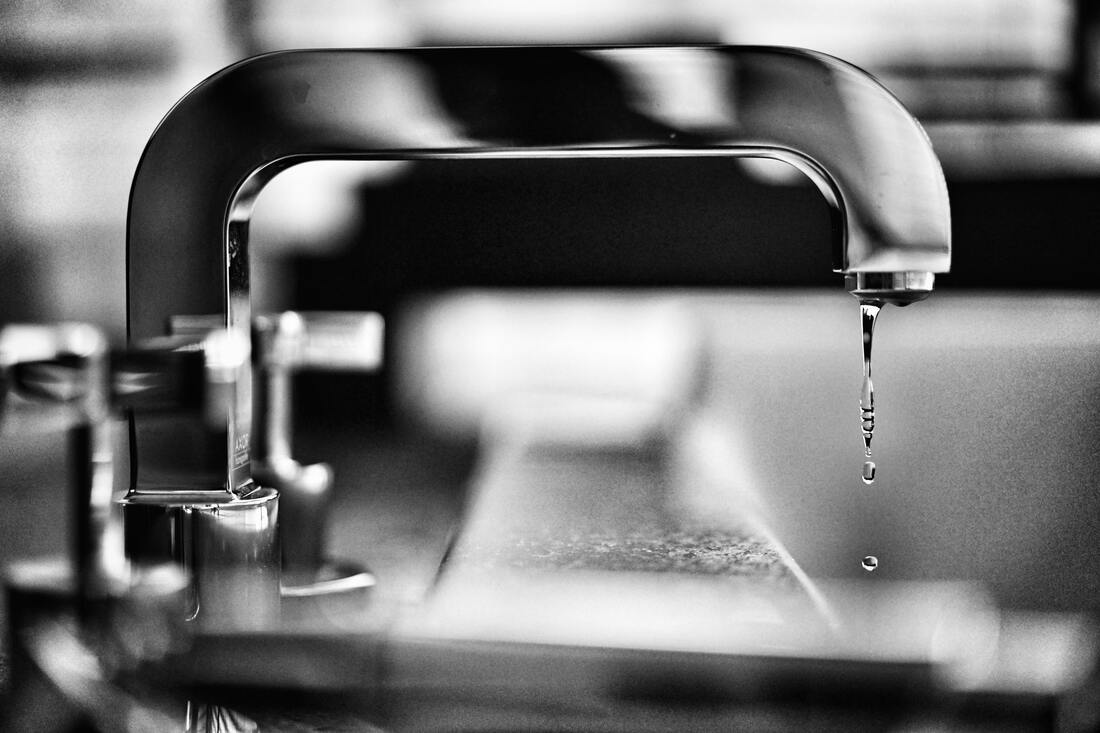|
From operating sprinkler systems and outdoor Jacuzzi tubs to increasing the number of showers taken each day, there are plenty of ways people use more water during the summer months. The increased activity causes plumbing system strain and higher utility bills. Luckily, the team at Plumbing Systems, Inc. has a few suggestions to cut down on water usage and keep systems running smoothly.
Be Mindful of When You Water Grass: To keep grass hydrated, lawns need to be watered daily during summer. In the afternoon, when the sun is at its peak, it might seem like the best time to turn on sprinklers, but it’s actually the worst. The sun’s rays evaporate water before it gets a chance to seep down to the root system. You might keep sprinklers on longer to combat the excessive heat, using more water and energy in the process. Instead, water the landscape early in the morning before the sun rises or in the evening after it sets. Watch What You Throw Down the Drain: Calendars are often peppered with backyard barbecues during the summer months. When hosting festivities, make sure leftovers end up in trash cans and not sinks. Food residue clogs drains, leading to a host of additional plumbing problems. If food does end up in the sink, place a mesh guard over the drain as a barrier. Adjust Water Heater Temperature Settings: To wash away that sticky feeling, you might want to shower a few times during the day. You can save energy and lower utility bills by reducing the water heater temperature setting during summer. Sometimes it's the simple things in life that can bring us joy..
When trying to come up with easy DYI upgrades that will make an impact, some homeowners steer clear of mechanically functioning systems of the home. However, in many homes that have the proper plumbing in place (and even some that don't), a simple faucet replacement upgrade can do wonders for the look and feel of a kitchen or bathroom. This is an impact that will be felt every time the room is used, and in this case that's a lot! There are so many options these days in the market between the big box home improvement stores, specialty plumbing fixture suppliers and, of course, The Amazon's of the ether! We are seeing higher quality products at competitive prices these days. Lastly, faucet replacements are a standard practice for most plumbing companies and are not as pricey as one may think. Reaching out to local plumbing companies and ask if they offer free estimates is a good place to start to get pricing, options and information. `Matt Green - President Plumbing Systems, Inc. Helpful resources.. masterssupply.net theshowplace.com Lowes.com amazon.com About the author https://business.google.com https://biz.yelp.com https://www.facebook.com/plumbingsystemslex/ 1. Lack of Drainage
The main purpose of a sump pump is to remove any water in your basement and siphon it back outdoors, which makes it pretty obvious when this fails. If the water level doesn’t appear to be decreasing, then it’s safe to assume that the mechanisms aren’t functioning correctly and require professional assistance. 2. Inconsistent Functionality Sump pumps are supposed to turn on automatically when the water level reaches a certain height to ensure the basement doesn’t become fully flooded. If it begins to show signs of inconsistent functionality and doesn’t power up when it’s supposed to, then there’s probably a part within the device that needs to be replaced in order to restore its responsiveness. 3. Odd Noises The only sound you should hear when the sump pump turns on is a running motor. Any other noises, such as loud grinding or screeching should immediately alert you to an issue within the mechanisms and will necessitate a visit from a plumbing repair expert. 4. Foul Smells Basements that aren’t sufficiently dry tend to acquire a musty smell. For homes that have a sump pump installed, this is a clear sign that something’s wrong within the device. The simplest way to deter mold growth is to schedule an inspection soon after detecting the smells so that the proper repairs can be implemented. Call the experts at Plumbing Systems, Inc. for a FREE ESTIMATE on all of your plumbing needs! To ensure your household operates smoothly, it’s critical to have a fully functioning plumbing system.
This complex feature has many different parts, and if any one of them stops working, like the sewer line, it should be fixed right away. Otherwise, you might find yourself dealing with toxic sewage backups, water damage, and other issues. The following are three signs you should call a professional for sewer line repairs. Indicators You Need Sewer Line Repairs 1. Water Keeps Backing Up Have you noticed lately that when you flush the toilet, water backs up out of the shower or sink drain? This is a sign the sewer line is clogged, and the buildup is causing liquid to be redirected elsewhere. ou’ll need an expert to do a camera inspection to figure out where the clog is so they can get rid of it. 2. There’s an Unpleasant Odor If you’ve been smelling an unpleasant odor that gives off the scent of rotten eggs around the house, sewage isn’t being washed down the pipes properly. If it backs up into your home, you could be exposed to a wide variety of contaminants. In this case, it’s best to shut the water off to avoid exacerbating the issue until a plumber can fix it. 3. A Gurgling Sound Is Coming From the Drains If your plumbing system is healthy, liquid should wash down the drain almost completely silently. So, when you hear a gurgling sound coming from the pipes, whether you’re using a fixture in your home or not, that should be cause for alarm. It means water and waste are trying to get around a blockage; the noise you hear is air being released by this action. No matter what time of day or night you require sewer line repairs, Plumbing Systems of Kentucky is ready to assist you. They offer free estimates to Lexington homeowners and 24-hour emergency services. Their expert team even provides 5% off discounts to veterans and seniors. To learn more about how they will help you, call (859) 294-8080. `FAQ About Tankless Water Heaters
To properly sanitize dishes and thoroughly clean clothes, hot water is a necessity in every home. Most people rely on a hot water heater with a large tank, but there’s another great option available to homeowners. Tankless water heaters have been used in Europe for decades, but they’ve just started becoming more popular in the U.S. Below, Plumbing Systems, Inc. located in Lexington, KY, answers some of the most common questions prospective buyers have about these units. Frequently Asked Questions About Tankless Water Heaters How do Tankless Water Heaters Work? Regular water heaters keep a ready supply of water hot at all times, but tankless models heat water instantly. The sensors on a tankless water heater detect when the tap is turned on, and it uses gas or electric heating elements to instantly warm the water to the desired temperature. Does My Home Need More Than One? If you frequently use multiple water-consuming appliances or showers simultaneously, you might be wondering if you need more than one tankless water heater. Since these handy appliances come in multiple sizes and models, your home will only need one if you choose the right size. What are the Advantages of Tankless Water Heaters? Unlike your average hot water heater, a tankless model provides serious energy-saving advantages. When you’re not using hot water, you’re not wasting valuable energy by keeping a whole tank of water hot. These systems are also much smaller than even small-tank heaters, making them great for compact homes. If you’re interested in switching over to a tankless water heater system in your home, our professionals at Plumbing Systems Inc can install them and keep them in good condition. PSI's residential and commercial plumbers offer 24-hour emergency services, providing drain cleaning, plumbing repair, and water heater replacement. For a free estimate or to learn about our services, call us today at (859) 294-8080 or visit their website. Like them on Facebook today to stay up-to-date on their great deals. |
AuthorAuthor / source |
| Find us on Facebook! |


